|
|
|
Editor's note
|
|
Kia ora tātou - and welcome to this week’s newsletter. I hope you are all well and, if you live in New Zealand, well settled into lockdown conditions now.
There are now 647 people in New Zealand who tested positive for coronavirus, but by the time you read this newsletter, the Ministry of Health will be issuing the next update and there will be more confirmed cases.
As University of Canterbury epidemiologist Arindam Basu explains, the numbers will continue to rise for some time, despite comprehensive lockdown conditions, because of a lag between reported cases and infected people in the community. This week, New Zealand also reported the first death from COVID-19 but thankfully, the number of people who have recovered from the illness is on the rise.
Time in the outdoors can be a boost for both physical and mental health during a crisis. University of Waikato sports sociologist Holly Thorpe shares her research on the importance of informal outdoor activities for resilience during difficult times and recovery after stress or trauma.
Resilience will also be important for businesses. Bernard Walker and Tracy Hatton, both at the University of Canterbury, explore five principles used by leaders who are more effective in crisis situations.
And on the first day of New Zealand’s four-week lockdown, the Australian man responsible for the Christchurch mosque attacks has surprised the nation by pleading guilty to all charges. As AUT law scholar Kris Gledhill writes, the judge may consider a full life sentence without parole.
You’ll find a lot more to read in this newsletter. Feel free to share this with friends and colleagues as you catch up in virtual meetings. Take care, look after yourself, those in your bubble and anyone who might need help during the coming weeks. Ka kite anō a tērā wiki.
|
Veronika Meduna
New Zealand Editor
|

|
|
Top stories
|
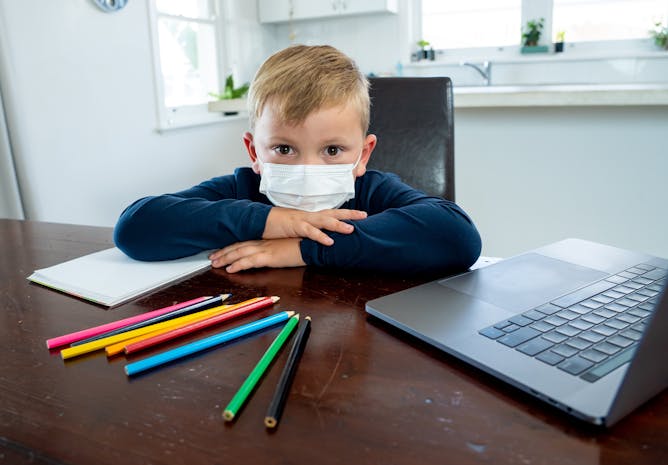
Shutterstock
Arindam Basu, University of Canterbury
Despite a comprehensive lockdown, New Zealanders should expect the number of people with coronavirus infections to rise first, before they come down again.
|

Supplied
Holly Thorpe, University of Waikato
My research shows New Zealanders are likely to cope better with the coronavirus lockdown if they spend time exercising and playing outdoors, while still following official advice on social distancing.
|
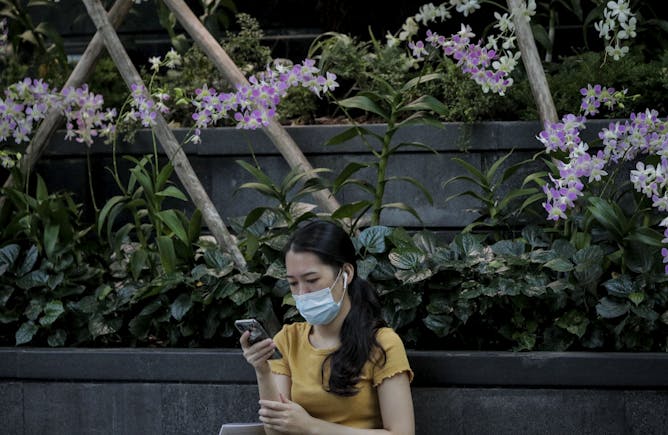
Singapore’s successful use of a mobile contact tracing app is among the ways New Zealand could use technology better in its COVID-19 lockdown.
Wallace Woon/EPA
Jon MacKay
Automated text messages if your phone detects you're a long way from home, or discounted home internet, are just a few possible technology solutions to make New Zealanders "stay home to save lives".
|
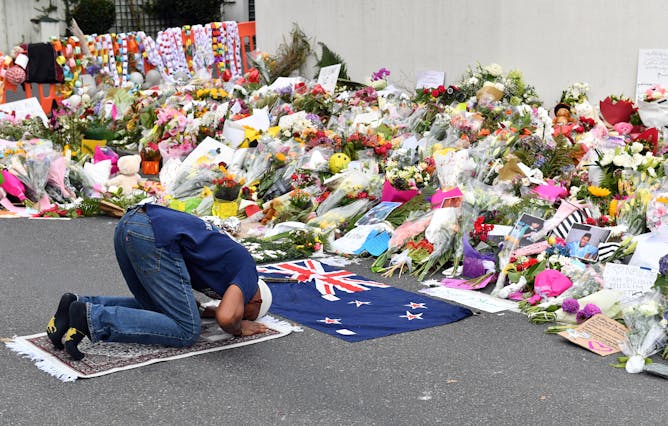
AAP/Mick Tsikas
Kris Gledhill, Auckland University of Technology
The Christchurch gunman's surprise guilty plea makes him the first person convicted of terrorism in New Zealand. A legal expert explains what will happen next in the sentencing process.
|
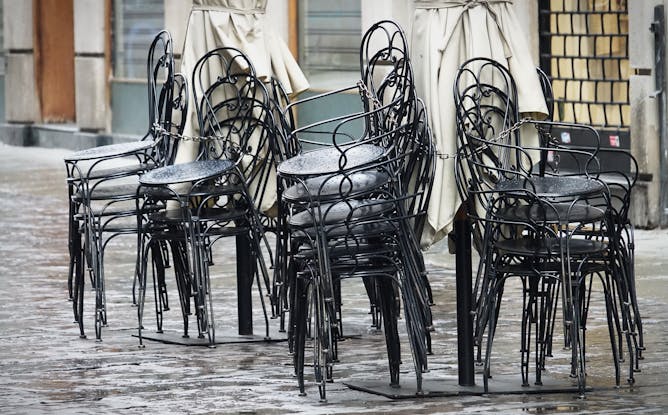
Shutterstock
Bernard Walker, University of Canterbury; Tracy Hatton, University of Canterbury
As New Zealand enters a four-week lockdown, some business leaders will get their workers through better than others. Five key principles can make all the difference.
|
From The Conversation's international editions
|
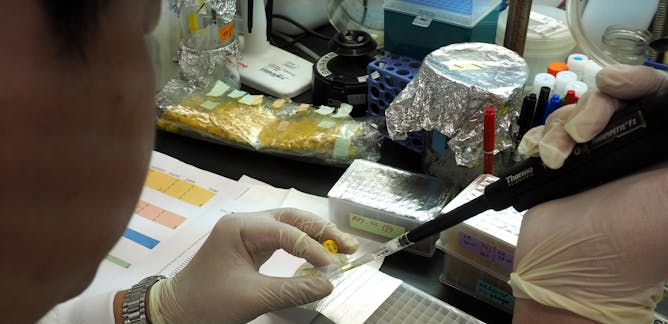
Larisa Labzin, The University of Queensland
A test that detects antibodies against the coronavirus behind COVID-19 would reveal those people who have already encountered the virus - and therefore who might be ok to resume normal life.
| |
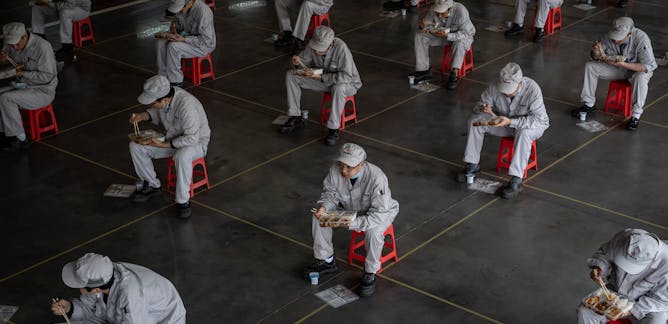
Simon Mair, University of Surrey
We could use this crisis to rebuild, produce something better and more humane. But we may slide into something worse.
|
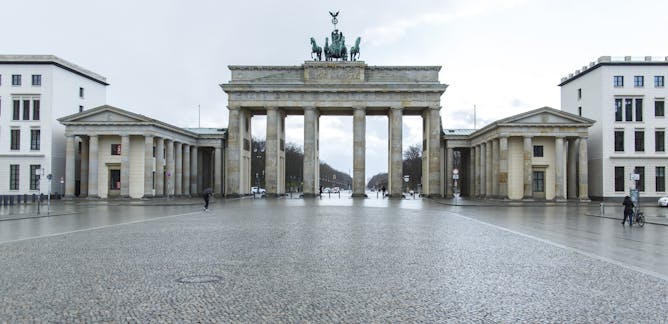
Klaus W. Larres, University of North Carolina at Chapel Hill
Germans are struggling like the rest of the world with the coronavirus. And while Germans have a strong safety net and medical system, one thing may fall victim to the virus: relations with the US.
| |
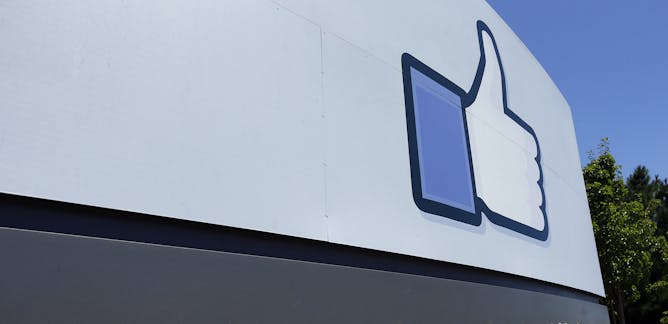
Bhaskar Chakravorti, Tufts University
Facebook, Google and Twitter are stepping up to block misinformation and promote accurate information about the coronavirus. Their track records on self-policing are poor. The results so far are mixed.
|
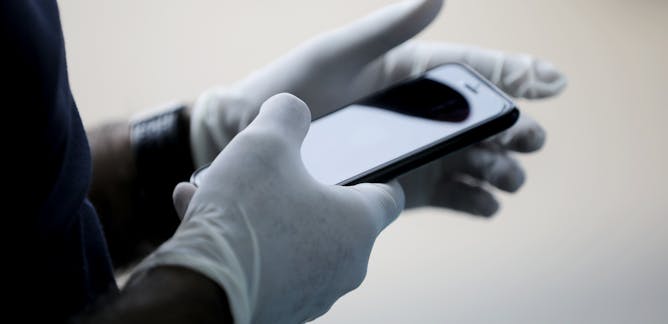
Tim Spector, King's College London
CovidRADAR was developed in less than a week.
| |
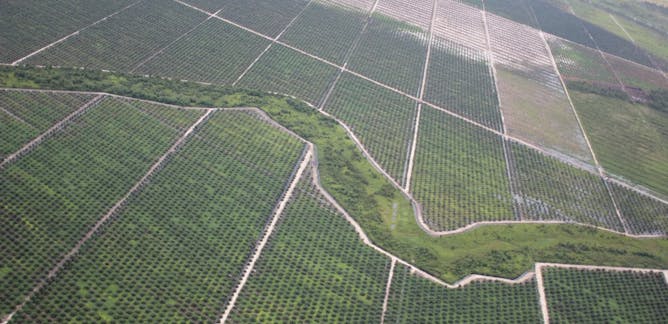
Pablo J. Acosta García, Universidad Politécnica de Madrid (UPM)
Oil palm plantation on remote locations is not mutually exclusive with increase wealth and improve living standards at remote locations.
|
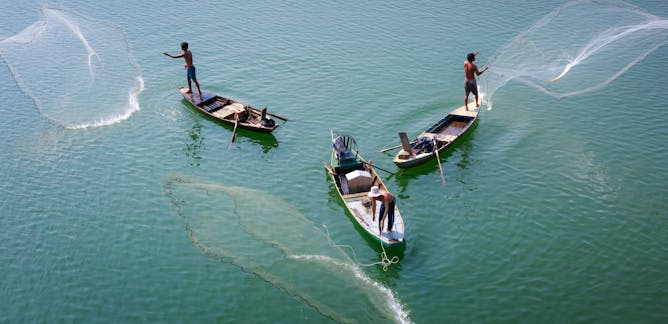
Derek Armitage, University of Waterloo; Ella-Kari Muhl, University of Waterloo; Merle Sowman, University of Cape Town; Philile Mbatha, University of Cape Town; Wayne Stanley Rice, University of Cape Town
With the 2020 deadline for conserving biodiversity almost past, communities must now play a larger role in conservation.
| |
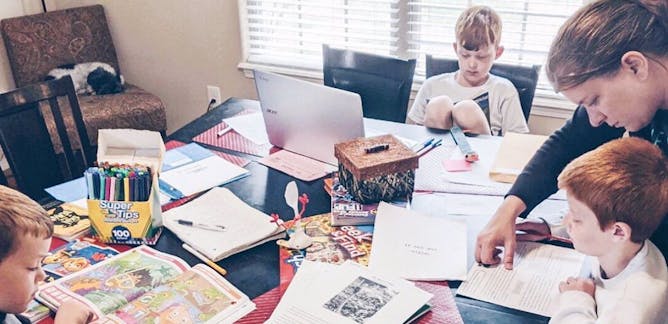
Marisa Young, McMaster University
During this outbreak, parents are suffering. They are dealing with one of the most consequential impacts on psychological health amongst the modern-day workforce: work-family conflict.
|
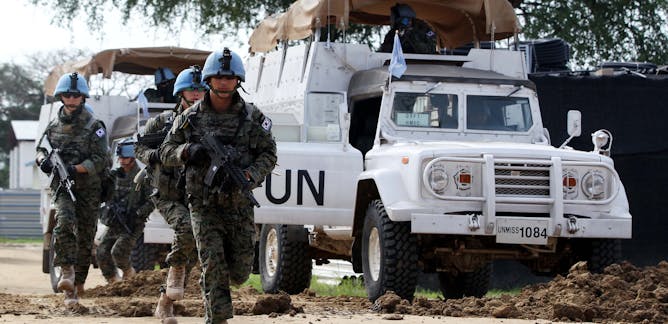
Trilochan Malla, The University of Queensland
The country has suspended the rotation of peacekeeping troops in a move to manage the pandemic.
| |
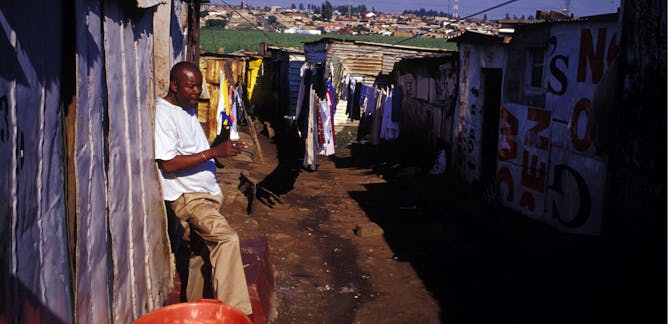
Benjamin T H Smart, University of Johannesburg; Alex Broadbent, University of Johannesburg
Lockdown should be nuanced to the South African context of overcrowded accommodation and high levels of domestic violence. Permitting cigarette purchases and exercise might assist.
|
|
|
| |
| |
| |
| |
| |
| |
|
|
|
|
|
|
|